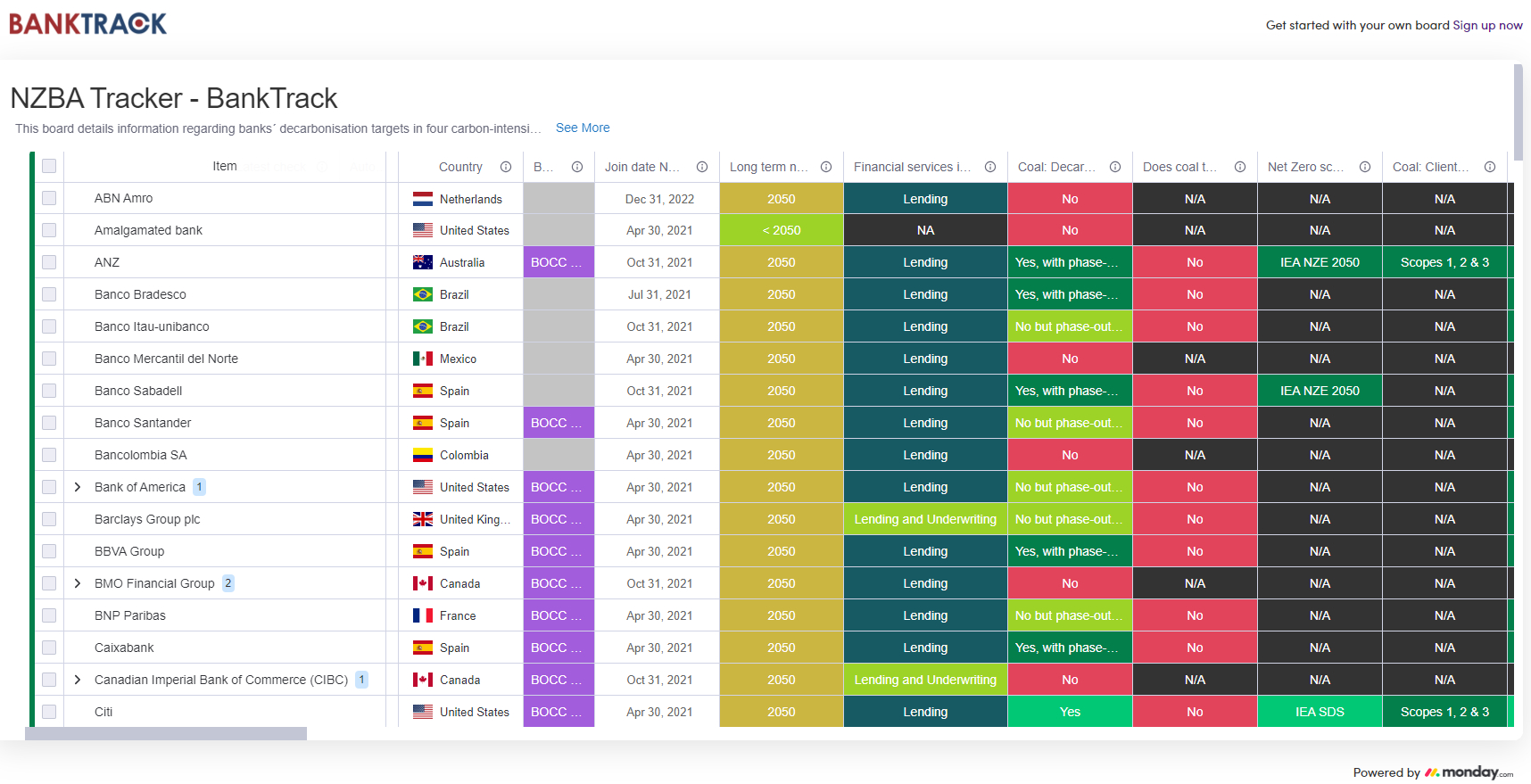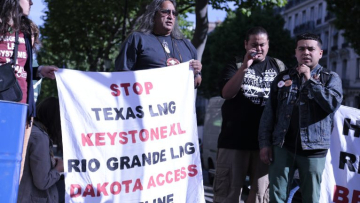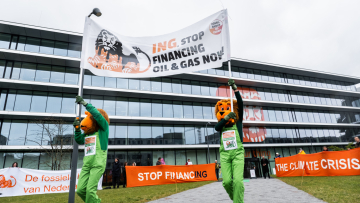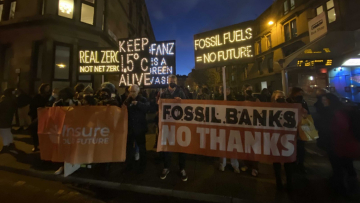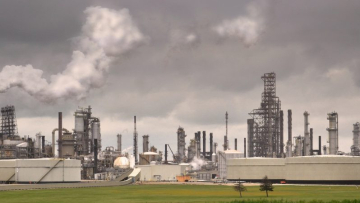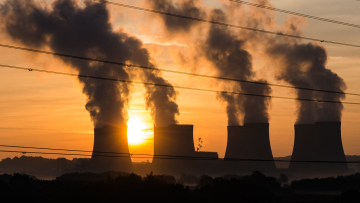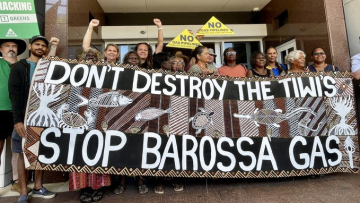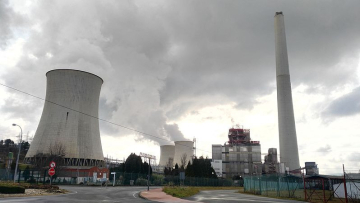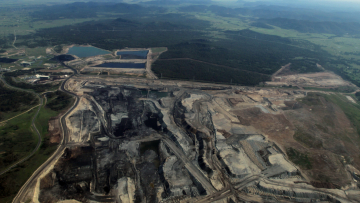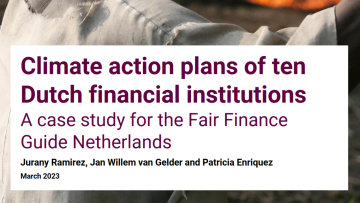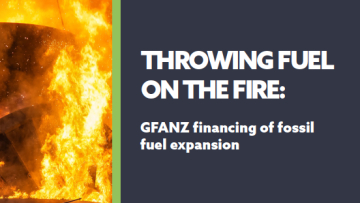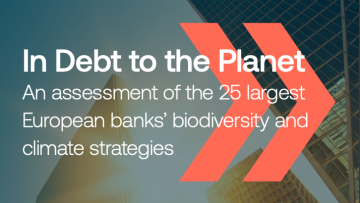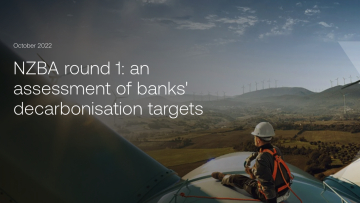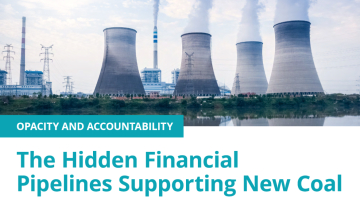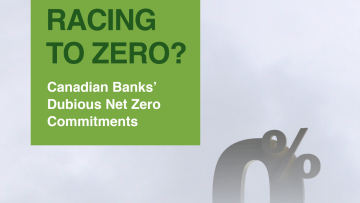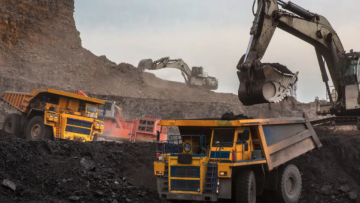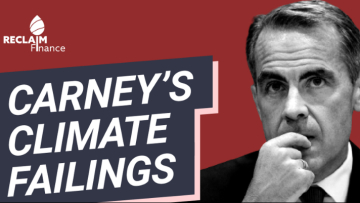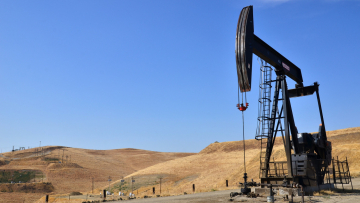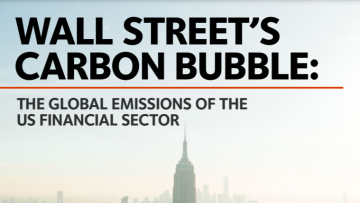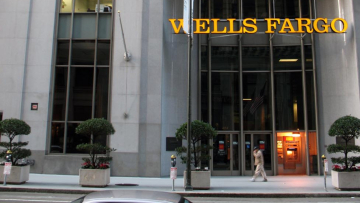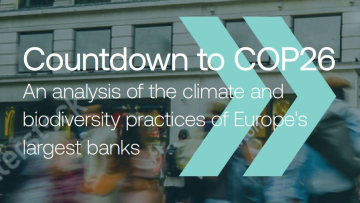Tracking the Net Zero Banking Alliance
Quentin Aubineau, Banks and climate policy analyst

Quentin Aubineau, Banks and climate policy analyst
Net Zero Banking Alliance
For four years, BankTrack monitored the Net Zero Banking Alliance (NZBA) activities and whether individual NZBA member banks delivered on their stated commitments as part of the NZBA. The shutdown of the NZBA in September 2025 led to the end of BankTrack’s work to track this Alliance.
This page serves as an archive of the BankTrack’s work onthe NZBA, ranging from policy analysis to blogs and comment pieces scrutinizing its activities from its loud start to its quiet dissolution.
NZBA
The Net Zero Banking Alliance (NZBA), founded in April 2021 was a bank-led, UN-convened alliance, in the context of the UN Environment Programme Finance Initiative and Principles for Responsible Banking. At its peak, it brought together more than 140 banks from 44 countries, which had committed to bringing down the emissions from their lending and investment portfolios to ‘net-zero’ by 2050, in line with a 1.5ºC climate scenario. Banks that signed up to the NZBA committed the following:
-
Transition all operational and attributable GHG emissions from their lending and investment portfolios to align with pathways to net-zero by 2050 or sooner, consistent with a maximum temperature rise of 1.5ºC;
-
Use decarbonisation scenarios which: are from credible and well-recognised sources; are no/low overshoot; rely conservatively on negative emissions technologies.
-
Prioritise efforts where they have, or can have, the most significant impact, i.e. the most GHG-intensive and GHG-emitting sectors within their portfolios.
-
Use the bank-led UNEP FI Guidelines for Climate Target Setting for Banks to set scenario-based intermediate targets for 2030, or sooner, for priority GHG-intensive and GHG-emitting sectors.
-
Publish annually and share with UNEP FI for review, to monitor consistency with the UN Race to Zero criteria and evidence that action is being taken in line with:
-
Progress against absolute emissions and/or emissions intensity targets following relevant international and national GHG emissions reporting protocols and/or climate portfolio alignment methodologies.
-
Progress against a board-level reviewed transition strategy setting out proposed actions and climate-related sectoral policies;
-
Disclosure for key sectors will be made within one year of setting the target.
-
-
Contribute to the ongoing development of the NZBA Guidelines.
How signatory banks had to meet these commitments was further elaborated in NZBA’s guidelines and the supporting notes documents, which were reviewed at least every three years.
After the publication of the second version of the Guidelines in March 2024, disagreements within the NZBA came out when three progressive NZBA member banks - Amalgamated Bank, Ecology Building Society and Triodos Bank - warned that “the language used provides too much latitude for banks” and called “to raise the bar in developing policies and disclosures for the highest emitting sectors and ensure a fair and fast transition to a liveable planet”.
In December 2024 and January 2025, six major US banks withdrew from the NZBA and were followed by six Canadian banks. The member count continued to diminish, with six Australian and Japanese banks leaving in early 2025. By April 2025, the remaining NZBA members voted to loosen requirements with the objective to halt this exodus. As a consequence, the 1.5ºC climate target was abandoned and guidelines were reduced to a mere guidance document. This lack of ambition led Triodos Bank to exit the NZBA in April.
However, decreasing the overall ambition of the NZBA to keep members aboard was insufficient to prevent the exit from HSBC, Barclays and UBS over the summer of 2025. At the end of August, the NZBA announced that its members would vote on the continuation of the alliance. One month later, the NZBA announced that it would immediately cease its operations.
GFANZ
The NZBA was part of a bigger alliance called the Glasgow Financial Alliance on Net Zero (GFANZ). Launched in April 2021 by UN Special Envoy on Climate Action and Finance Mark Carney, GFANZ consisted of eight-specific alliances, namely the Net Zero Asset Manager initiative (NZAM), Net Zero Asset Owners Alliance (NZAOA), Paris Aligned Asset Owners (PAAO), Net Zero Financial Service Providers Alliance (NZFSPA), Net Zero Investment Consultants Initiative (NZICI), Net-Zero Export Credit Agencies Alliance (NZECA), the Venture Climate Alliance (VCA) and the Net Zero Banking Alliance (NZBA).
GFANZ initially seeked to “increase the number of firms with net-zero commitments within the financial sector and ensure that such institutions have a vehicle through which to set their own, independent, credible net-zero commitments” and “encourage firms to set commitments that are backed by robust targets and transition plans”. However, GFANZ announced in January 2025 that it would restructure and shift its focus to "addressing barriers to mobilizing capital" and now acts as a "stand-alone" private-sector group, no longer as an umbrella for the eight-specific alliances.
Why was it important to track the NZBA?
From its launch, the Net Zero Banking Alliance emerged as the central initiative claiming with big fanfare to align the banking sector with the 1.5°C Paris climate goals. For most banks, ‘aligning with Paris’ meant bringing down financed emissions to ‘net-zero’ by 2050. But there were serious issues with this approach, from the start:
-
Net zero is not zero. The ‘net’ refers to an approach in which continued emissions from some ‘hard to abate’ sectors will need to be compensated through all sorts of offset schemes that are highly problematic for a range of reasons;
-
2050 was always too far away. While it takes time to transition entire business sectors to a low/no carbon trajectory, the bulk of action to bring down emissions must be taken right in the short term if any good long term results are to be achieved. Since the launch of the NZBA, too many banks were busy ‘target setting’ instead of immediately changing policies and actions, when the climate emergency requires immediate and decisive action;
-
Net zero must mean ending finance for fossil fuels. The key decision that all NZBA banks should have taken was to stop financing, directly and indirectly, the fossil fuel industry, or at a minimum all coal and the further expansion of oil and gas - in line with the scientific scenarios for a 1.5ºC-warming world. However, many banks that BankTrack and partners have identified as ‘Fossil banks’ were NZBA members, illustrating that for banks, it was perfectly compatible to keep financing fossil fuel expansion while being an NZBA bank.
By tracking the commitments and actions of banks, BankTrack aimed to ensure that signing up to the NZBA would not be a PR exercise but indeed mean that a bank would phase out its fossil fuel financing, starting with an immediate end to all finance for fossil fuel expansion, and would speed up target-setting for all other high emissions sectors. It was crucial to demand that decarbonisation targets were actually supported by concrete sectoral measures such as coal, oil and gas exclusion policies
Tracking NZBA bank commitments
BankTrack monitored whether individual NZBA member banks were delivering on their stated commitments as part of the NZBA. However, in October 2025, the NZBA announced that it would immediately cease its operations. Therefore, the NZBA tracker is no longer relevant and will not be regularly updated. The information displayed in the NZBA tracker can be used as an archive but should not be considered up-to-date. Click on the picture below for more details per bank. Sector specific boards are also available for Coal, Oil & Gas, Power Generation and Iron & Steel.

